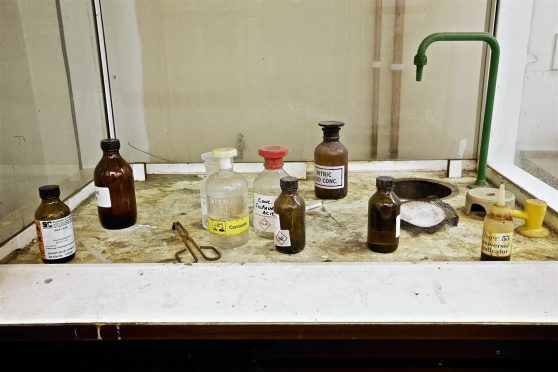A pioneering project to improve primary science teaching could be copied across the country through major investment from a major north-east charity.
Oil services tycoon Sir Ian Wood believes that enthusing younger pupils is essential to encouraging more teenagers to pursue the subject.
But he fears too many teachers lack the confidence and competence to teach it effectively to under-11s.
He was so impressed at work done in Aberdeen to improve the situation that he is now putting £2.5 million into expanding it across Scotland.
It is the newest initiative in the annual report of the Wood Foundation, the venture philanthropy organisation set up by Sir Ian and his family in 2007.
Some £70million has been spent or committed to date on work to boost enterprise and the economy, both in Africa and Scotland.
Highland and Moray are among the first five local authorities chosen to pilot the seven-year Improving Primary School Science project.
The money – along with national and local government funds – will pay for the recruitment of an expert to work with schools.
Sir Ian said: “It’s all about getting the primary school teachers in a position where they are more confident and better informed to actually talk about science issues in primary school.
“If you see what they’ve done in Aberdeen, if you see the excitement of some of the youngsters up to their ears in test tubes with a wee bit of coloured smoke coning out of the top – it’s a great programme”So we went to the Scottish education authorities and said ‘we think this is a great idea, it is happening in your schools in Aberdeen, what would it take to do it on a wider basis?’.
“Hopefully it will result in a lot more primary school children getting a basic interest in science and therefore being more disposed to do it in secondary school.”
Sir Ian, 74, said he couldn’t remember being taught any science as a young schoolboy.
“I don’t think they would have thought of teaching science in primary then but we definitely need to now,” he said.
“Science and computing – it is like learning to read and write.”
Add: The Foundation has committed an initial £900,000 to the two-year pilot study, with the rest of the money to follow if it proves a success.
